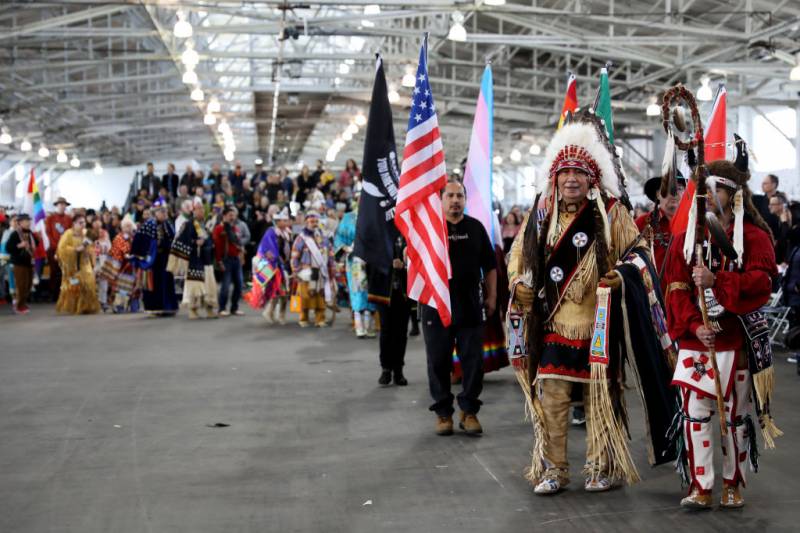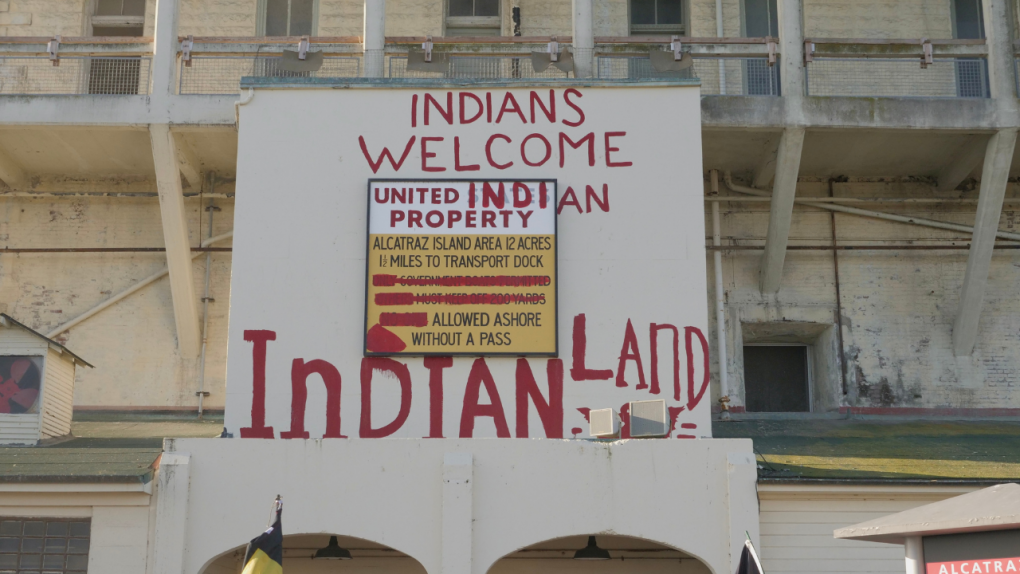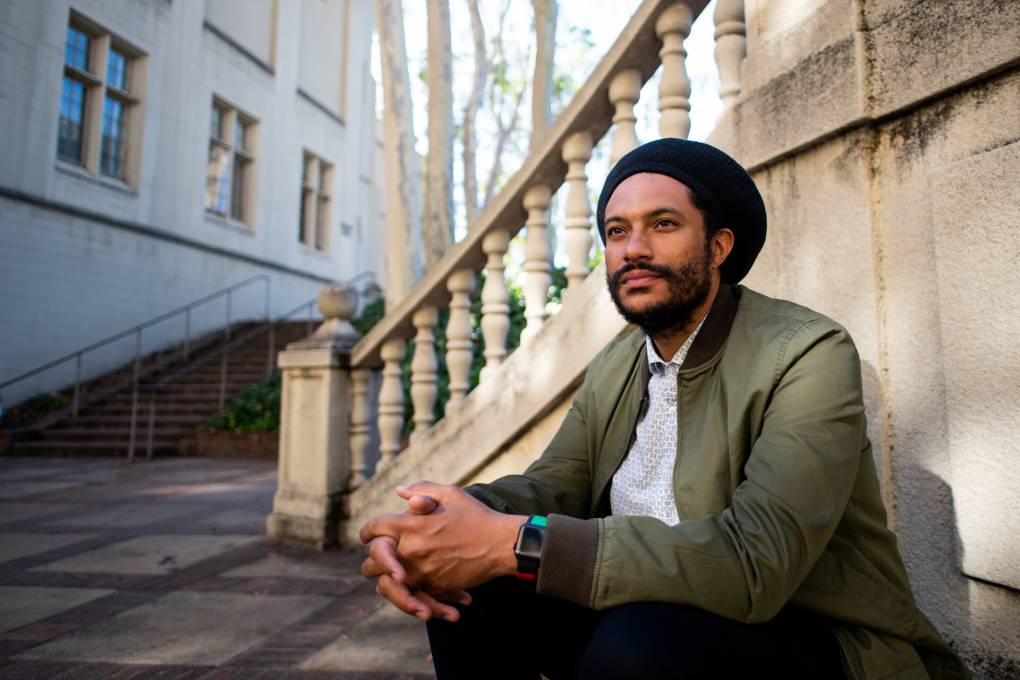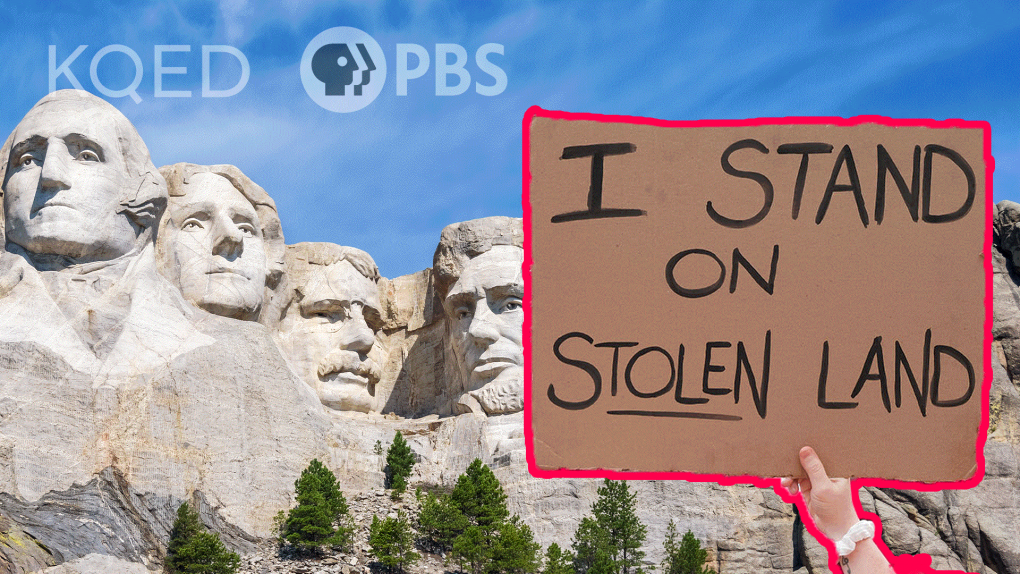The country’s first such council, it comprises 12 members of Indigenous tribes from across the state and is led by the state’s tribal advisor, Christina Snider, a lawyer and member of the Dry Creek Rancheria Band of Pomo Indians.
Newsom in his executive order issued a formal apology for the state’s history of violence against, and disenfranchisement of, Native Americans. He referred to the 1850 Act for the Government and Protection of Indians, which removed Indigenous people from their land and legalized separating families and enslaving them.
Now the Decolonizing Wealth Project has set a goal to “promote Native history and personal narratives as truth and to record the history, which clarifies and corrects the historical record that we have right now,” Rojas Alvarez said.
He added that the group hopes to raise more than $5 million to provide grants to Indigenous communities across the state. Among other things, the funds would pay for digitizing tribal oral histories and documenting tribal land loss for research and for Land Back initiatives, an Indigenous-led movement to restore land to the original stewards.
“We’re really hoping it will reach Native American communities, tribes and families directly,” he said. “That can include applying for transportation, lodging, child care, meeting space or any other barriers that they could face engaging in this important process.”
Indigenous tribes and nonprofits can begin applying for grants of $5,000 to $50,000 in two rounds, in July and October, Rojas Alvarez said.
“We believe that we have a unique and historic opportunity, given that California is a state that is leading the way on truth and healing with Native communities,” he said.
“We hope that not only will a rich and diverse group of California Native American communities engage with the process and shape it — including the recommendations that come out — but that they are resourced to do that. Hopefully it will be a catalyst for truth and healing processes across the country.”



